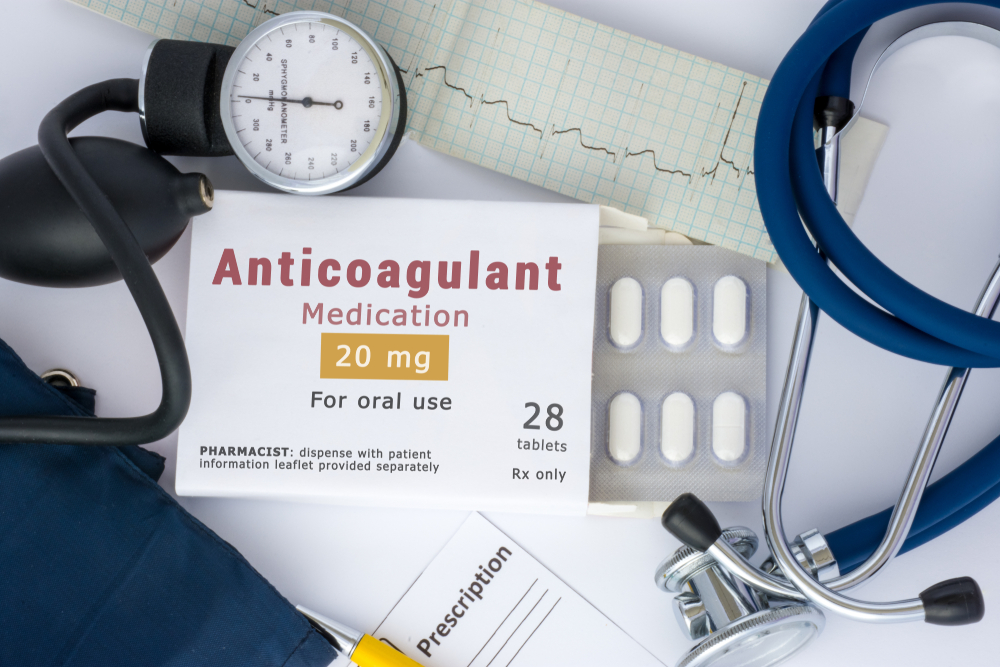Arq. Bras. Cardiol. 2024; 121(7): e20240409
Advancing the Use of Direct Oral Anticoagulants in Left Ventricular Thrombus Management
This Short Editorial is referred by the Research article "Direct Oral Anticoagulants versus Vitamin K Antagonists for Left Ventricular Thrombus: A Meta-Analysis with Trial Sequential Analysis".
Direct oral anticoagulants (DOACs) are preferred over Vitamin K Antagonists (VKAs) in numerous clinical scenarios, such as preventing thromboembolic events in patients with atrial fibrillation and treating venous thromboembolism.– In contrast, DOACs are contraindicated in patients with mechanical heart valves, valvular AF due to mitral stenosis, and antiphospholipid syndrome.– In patients with left ventricular thrombus (LVT), however, the efficacy and safety of DOACs remain uncertain.
LVT is a common complication following an acute myocardial infarction (MI). The incidence of LVT post-acute MI has declined due to increased primary percutaneous coronary intervention (PCI) and advanced antithrombotic therapies. In the primary PCI era, LVT incidence is up to 6.3% in STEMI patients, rising to 19.2% in those with anterior STEMI and reduced left ventricular ejection fraction. Data from the SWEDEHEART registry indicated an incidence as high as 38%, suggesting underestimation and the need for follow-up to assess LVT formation in these patients. In addition, the choice of imaging modality significantly impacts LVT detection, with cardiac magnetic resonance having higher sensitivity compared with echocardiography. Therefore, there is an unmet need for LVT prevention, detection, and treatment.
[…]
426

